
Courtesy of Maya Afek.
Maya Afek is a designer, quilter and founder of baby quilt studio Mayku. This interview was conducted in Hebrew, by phone, during Israel’s coronavirus lockdown. Her work can be found at Mayku.art.
Ashley: Maya, thank you for doing this. Let’s start with the first thread. How did you get into quilting?
Maya: I started the first when my nephew was born. I made him a quilt as a gift to my sister and brother-in-law. After that people became really interested in the quilts. I got the sense they were very connected to the fact that it was unique, personal and colorful, and not monochromatic, banal or industrial.
I started doing a quilt for all the people having babies around me—family, good friends—and from there it spread to the second layer of people. I sold a few to people who really wanted them, and I said to myself, “Y’alla. Let’s do this.”
Ashley: What did you learn from that experience?
Maya: People kept telling me I should make a business out of the blankets. But what I discovered is that it’s difficult to create a business from this and keep it really meaningful.
The whole idea behind my quilts is that they’re unique. Maybe I’ll do five quilts from a single design, but not more. There’s no way to produce the quilts at scale, which requires outsourcing the work because every quilt takes a lot of attention, a lot of thought and a lot of care. Also, from a technical standpoint, they’re very time intensive (beyond even the preparation and design).
But doing it makes very happy. I’m constantly getting messages and notes from mothers who tell me how meaningful it is that the quilts are so personal to them and how happy that makes them. They say it’s something that will continue with the baby, “grow” with him or her, and one day it’ll be the blanket that the parents will say about, “Nu, when you were small this was the blanket you used.” And it can be that way because it’s personal. It’s not something everyone has.
Ashley: Why is the personal element so important?
Maya: For me, I’m really connected to the personal nature of the quilts because I’ve always loved giving things that are personal. I love gifts that you invest time in, not money. And whenever someone has given me something like that—a drawing or a handmade card—it’s incredibly heartwarming to me, much more so than when it’s bought.
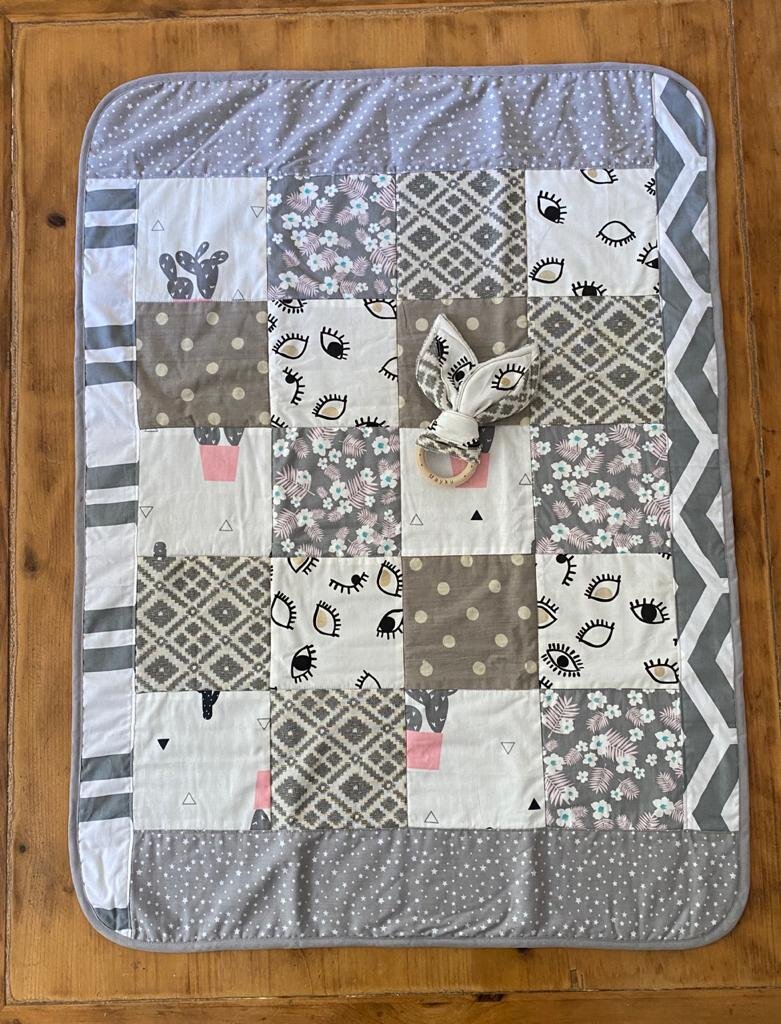
Courtesy of Maya Afek
Ashley: Where do you think the impulse to give gifts that require time and not money came from?
Maya: I’ve just always felt that it’s what other people really like. That’s what I wanted to receive, so that’s what I wanted to give as well.
Ashley: As you know, mainstream culture (unfortunately) isn’t heading in this direction. Why do you think you ended up against the grain?
Maya: I never wanted to do anything geared towards people with financial means, or for people who want to show that they have a lot. It’s about the desire for something special, especially when it comes to a good that literally touches a baby who has his or her own personality, character, parents. It’s something I really believe in.
And I think this materialist culture will collapse.
Ashley: Yeah, it’s happening before our very eyes.
Maya: There you go.
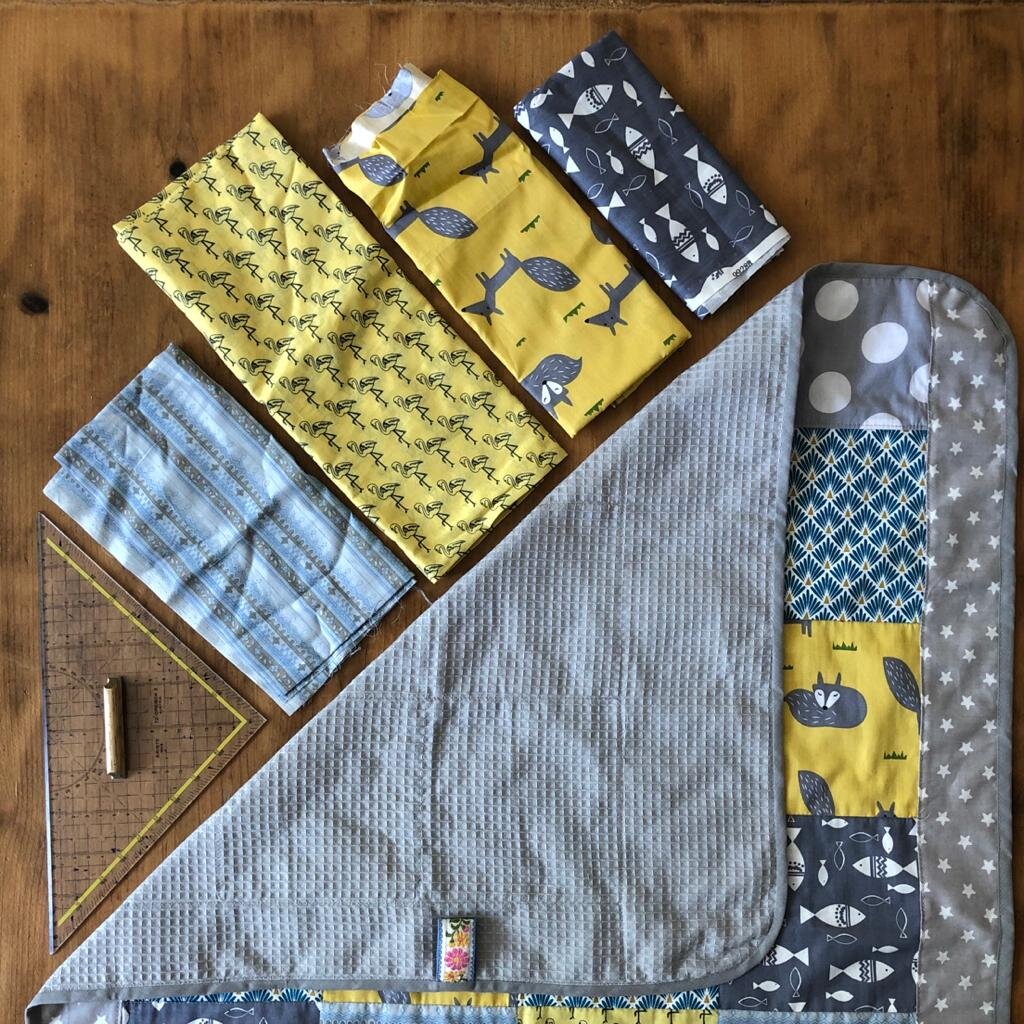
Courtesy of Maya Afek
Ashley: Let’s take a step back. Tell us about yourself and how you became a designer.
Maya: I come from a very creative family. My mother [Dutch-Israeli artist Liesbeth Afek] used to teach painting classes for kids and adults. My sisters and I would always love to draw, sculpt, weave and knit, basically anything with our hands. Because of this, each of us grew up with a “creative corner in us.” For me it was always about fabrics and textiles.
When I was 21 my mother taught me to sew and I started out making bags. Whenever I wanted to give a gift to a friend I’d make a bag. So I decided to study fashion at a technical college, which I did for a year and a half. Then my father, who’s the realist, said, “Come on, it’s time to study at a university.” So I did and got my BA. After I graduated there was an opening at Studio Noa, the Israeli fashion house based in Rishpon. I went to help out for a few weeks and ended up there for four years. I ended up responsible for all the finishings and various design processes, like a design producer.
That made me even more connected to the feel of the cloth, the color choices. After my son was born, I said, “Y’alla, this is my time to give to the quilting and to see if there’s really a community for it.”
And it’s really fun for me. I love the process of choosing fabric, here and abroad. When I’m in Holland, where my mother is from, I go to Albert Cuyp market in Amsterdam to find fabrics. And here in Israel at the Nahalat Binyamin pedestrian market and also in Jerusalem. I’m collect the fabrics. Every time I look at a rack of fabric something will jump out and suddenly I’ll know this is the fabric I need.”
After my son was born, I said, “Y’alla, this is my time to give to the quilting and to see if there’s really a community for it.
Ashley: How do you know? Why does one fabric call out to you, and another doesn’t?
Maya: I’m not sure. It’s something in the textures, in the color. But really it’s intuition. It’s really like that - I see a fabric and I’ll just know.
Ashley: Talk about the design of the quilts.
Maya: The design of the quilts changes a bit each time. Usually I take the inspiration from someone I know, a friend of mine or a couple, having a baby. I’ll think about the textures and the colors that would be right for that person. But each time is an experiment. I’ll put the pieces of fabric together, take them apart and redo it. Often what comes out of the process is really not what I imagined it going in. But that’s the process and I flow with it.
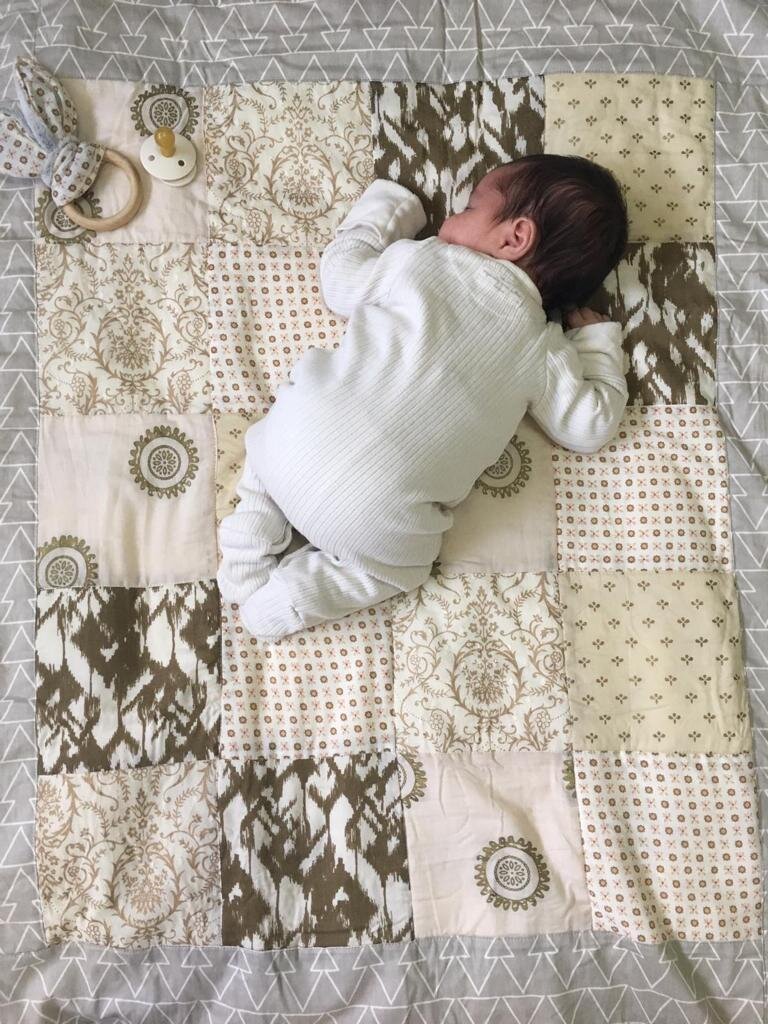
Courtesy of Maya Afek
Ashley: It’s like a puzzle.
Maya: Yes, a visual puzzle. In the beginning I wanted it to be really colorful and different. Everything out there is black, white or grey. And I really didn’t want black, white and grey. Until a couple who are friends of mine were expecting their first child and they are the most black, white and grey people, so I said, “Fine, that’s who they are so that’s what I’ll make for them.” And every time I do another run of that quilt, it gets sold.
Ashley: How connected are you to the quilting tradition in the US, which runs very deep?
Maya: I know there’s a lot of amazing work in the world of quilting. In Israel there’s not that much. There are a few artists who produce that kind of work, but to my knowledge there aren’t quilting communities here like you have in the US or Europe.
Ashley: What about for yourself, as a mother, have you made a blanket? And how did you create them?
Maya: I have three. There were always a few fabrics I loved which I set aside a bit of extra cloth from. Indecisiveness and experimentation explain why there are three.
Ashley: What do you want to do next?
Maya: People keep telling me to do accessories, so it’s easier for people to buy, less of an expense. But I’m really trying to focus on the quilts, and stick with this current recipe.
Ashley: Where did the name Mayku come from?
Maya: People call me that. It started with my dad - he called me Mayku and I called him Abu. I’m not sure which came first - it’s a chicken-egg kind of situation.


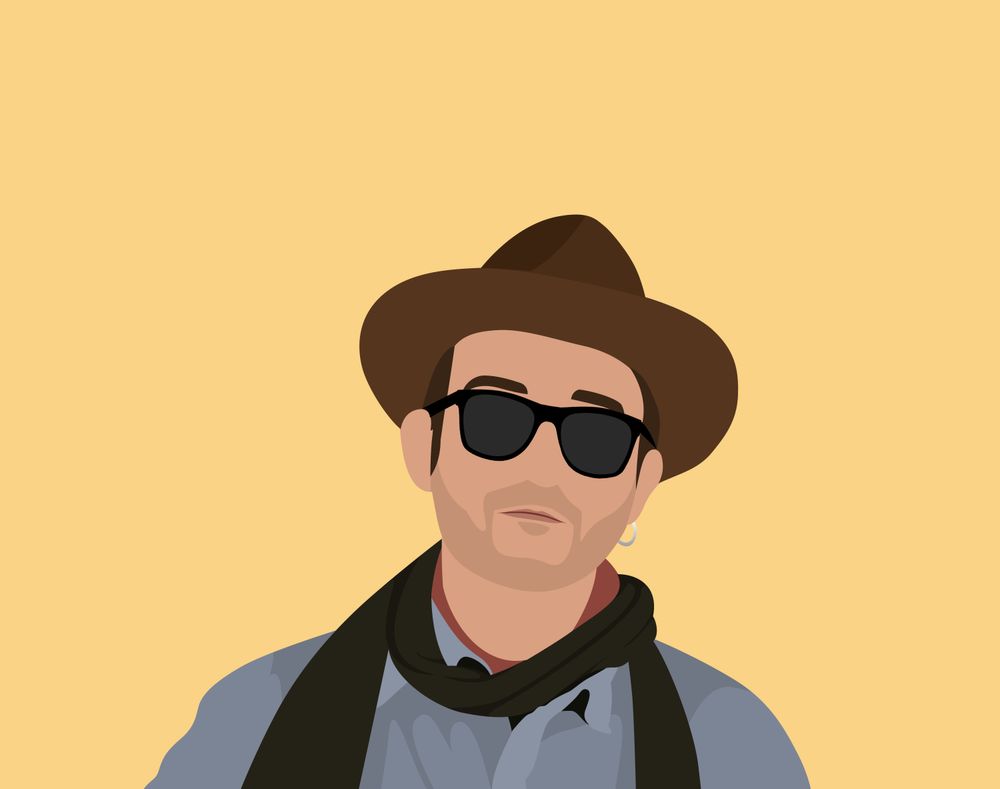
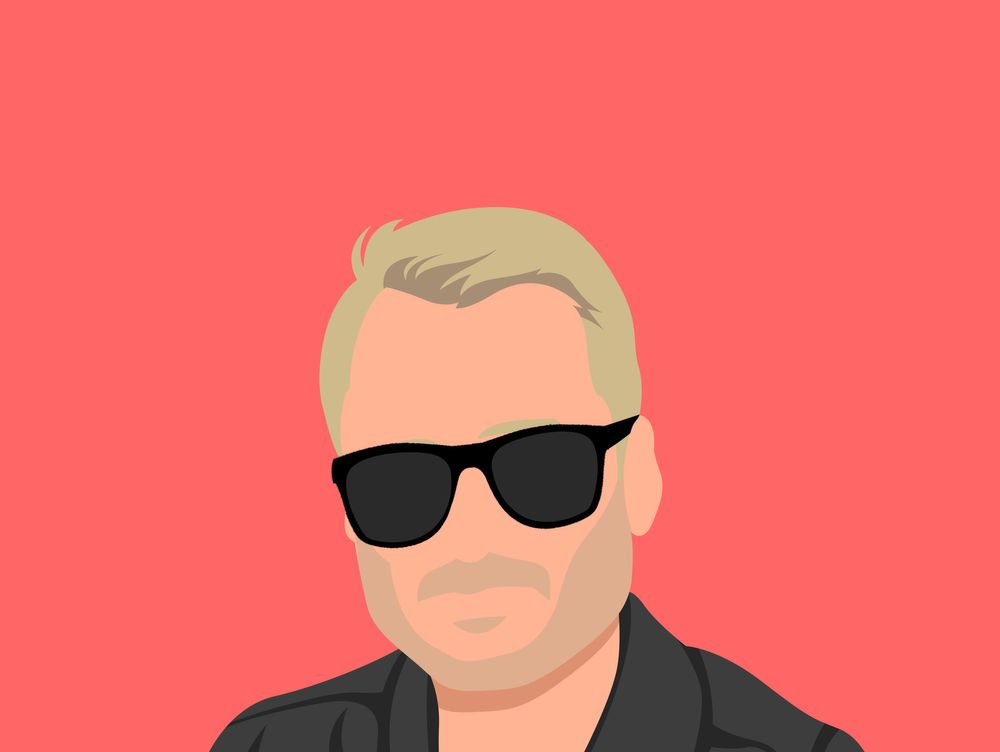
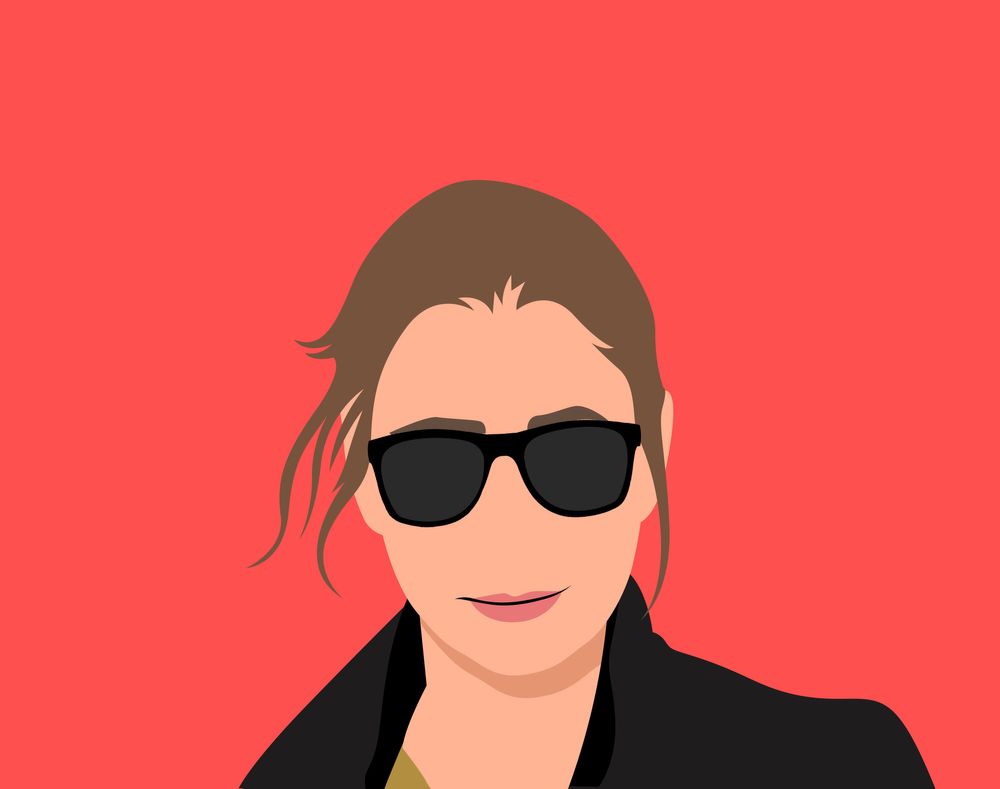
Join the conversation.